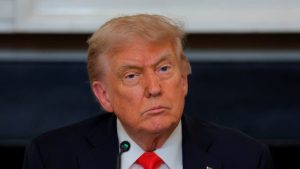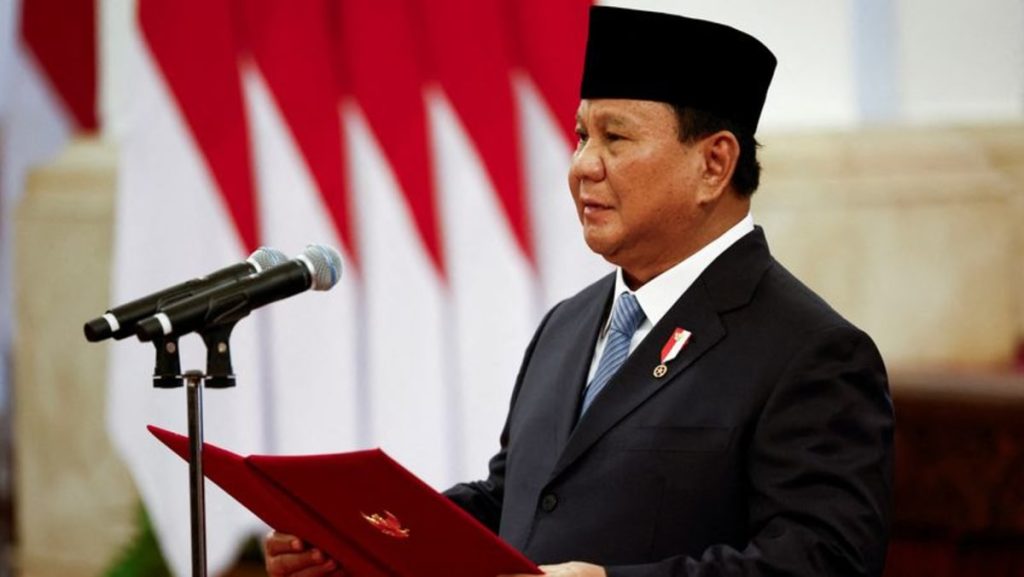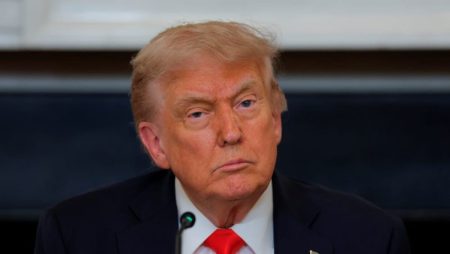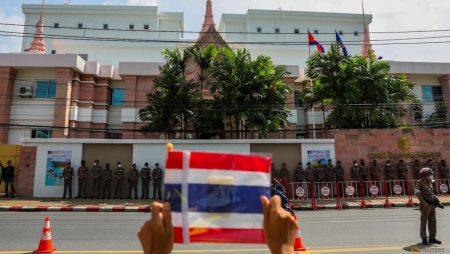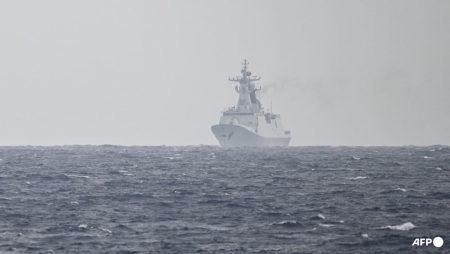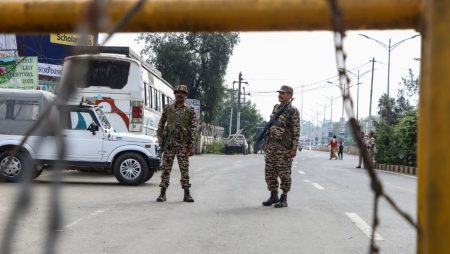The initial economic policy proposal of Indonesia’s recently elected President Prabowo Subianto, a value-added tax (VAT) increase, faced significant resistance and ultimately underwent a substantial revision. This proposed hike, championed by his finance minister, Sri Mulyani Indrawati, a holdover from the previous Jokowi administration, was intended to signal economic continuity and was based on a 2021 regulation. The plan aimed to increase government revenue but quickly drew criticism for its potential impact on ordinary Indonesians. Bowing to public pressure, Prabowo abandoned the broad-based VAT increase, opting instead to focus solely on luxury goods. This strategic pivot, orchestrated by Sri Mulyani and Coordinating Minister for Economic Affairs Airlangga Hartarto, also a Jokowi appointee, reframed the initiative as a progressive tax targeting wealthier individuals. This shift aimed to mitigate public discontent while still generating additional revenue, ostensibly to fund social programs like free school lunches.
This incident provides an intriguing comparison to former President Jokowi’s early experiences with unpopular economic reforms. Shortly after taking office in 2014, Jokowi cut fuel subsidies, a policy initiated during the previous administration but nonetheless attributed to him. Despite sparking minor protests and contributing to higher inflation than currently experienced, Jokowi weathered the storm of public disapproval with relative ease. This contrast highlights the different political climates and public perceptions surrounding each president’s early economic policy decisions. While Jokowi managed to push through an arguably more impactful reform, Prabowo opted for a more cautious approach, prioritizing public sentiment over potentially controversial economic measures in his initial months.
Prabowo’s first 100 days in office might be overshadowed by the potential implications of his subsequent actions. A proposal to replace direct elections for regional leaders with appointments by local legislatures has raised concerns among democracy advocates and human rights observers. This suggestion has fueled anxieties about Prabowo’s potential authoritarian tendencies, sparking fears of a shift away from democratic principles. The fact that parties aligned with Prabowo have expressed willingness to “consider” the plan adds weight to these concerns. Implementing such a change would necessitate revisions to the existing election laws, which are already scheduled for review this year. This convergence of circumstances creates a potentially pivotal moment for Indonesian democracy.
This proposed electoral reform, if implemented, could significantly alter the political landscape of Indonesia. Direct elections, a cornerstone of democratic participation, empower citizens to choose their local leaders directly. Shifting to appointments by local legislatures could concentrate power within political parties, potentially diminishing the influence of individual voters and increasing the risk of political maneuvering and corruption. This proposal therefore represents a critical juncture for Indonesia’s democratic trajectory, with the potential for substantial long-term consequences.
The contrasting approaches of Prabowo and Jokowi to early economic and political reforms illuminate the complex dynamics of Indonesian politics. While Jokowi faced and navigated public resistance to his fuel subsidy cuts, Prabowo opted to adapt his VAT proposal in response to public pressure. This difference in approach may stem from various factors, including differing political calculations, public perceptions of each leader, and the specific circumstances surrounding each policy decision. However, the proposal to alter regional elections raises more fundamental questions about Prabowo’s commitment to democratic principles.
The potential shift from direct elections to legislative appointments for regional leaders represents a significant development with far-reaching implications. This move could potentially undermine democratic participation, consolidate power within political establishments, and create opportunities for manipulation and corruption. The fact that this proposal is being considered so early in Prabowo’s presidency underscores the importance of close scrutiny of his administration’s actions and their potential impact on Indonesia’s democratic future. The contrast between his pragmatic response to the VAT controversy and his seemingly more assertive stance on electoral reform raises questions about his long-term political strategy and priorities. The coming months will be crucial in determining the direction of Indonesia’s political landscape.


